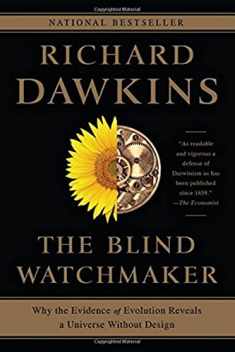
Demonic Males: Apes and the Origins of Human Violence
Book details
Summary
Description
Whatever their virtues, men are more violent than women. Why do men kill, rape, and wage war, and what can we do about it? Demonic Males offers startling new answers to these questions. Drawing on the latest discoveries about human evolution and about our closest living relatives, the great apes, the book unfolds a compelling argument that the secrets of a peaceful society may well be, first, a sharing of power between males and females, and second, a high level and variety of sexual activity, both homosexual and heterosexual. Dramatic, vivid, and sometimes shocking, but firmly grounded in meticulous scientific research, Demonic Males will stir controversy and debate. It will be required reading for anyone concerned about the spiral of violence undermining human society.


We would LOVE it if you could help us and other readers by reviewing the book
Book review





